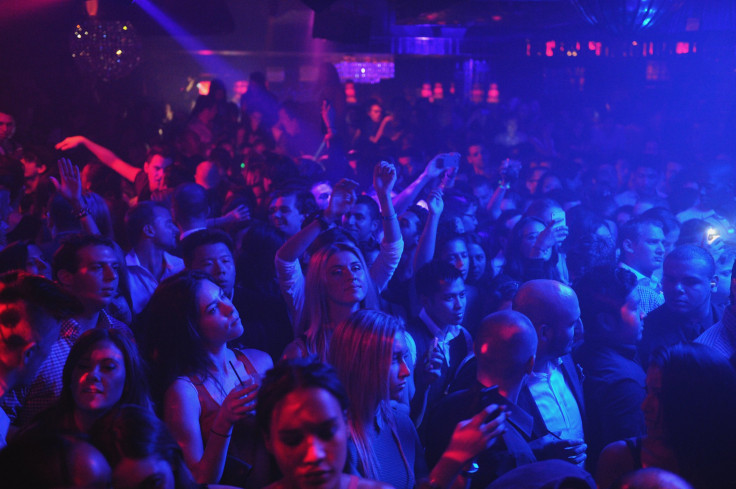Dancing Is Against The Law In NYC Since Prohibition, But Not For Much Longer

A New York City law that has prohibited unlicensed dancing in almost every bar and restaurant is set to come down Tuesday.
The Cabaret Law was passed in 1926 during the Prohibition and policed musicians and dancing. “There has been altogether too much running 'wild' in some of these night clubs,” wrote the Committee on Local Laws at the time.
While the restrictions for musicians had been struck down, dancing remained banned in all public spaces that sell food or drink and didn’t have a license. Out of the roughly 25,000 bars and restaurants in the city only around 97 of them have licenses, according to the New York Times Monday. That means there is a high likelihood that if a person has danced in New York City, they have broken a law. Acquiring a license is particularly onerous, requiring several inspections fees and background check that the Village Voice pointed out in March includes checking that bar owners are up to date on child support.
While the law hasn’t been enforced much lately, the city has used it selectively over the years to police certain kinds of establishments. In the 1990s Mayor Rudolph Giuliani used the law to target dance clubs as part of several quality-of-life initiatives, according to the Times.
The law has also been criticized as racist, with critics debating that its initial implementation targeted Harlem jazz clubs where black and white people gathered together to dance. Several lawsuits and efforts to take the law down point to its application falling especially hard on hip-hop, salsa and other types of establishments with non-white roots.
The bill to repeal the law was introduced by Rafael Espinal, a councilman from Brooklyn, who says he has the votes to kill it.
The law also has some famous detractors, including Frank Sinatra. From 1940 to 1967 the law included a provision that musicians had to acquire a “cabaret card” in order to perform. Getting the card required a background check and getting fingerprinted, which Sinatra refused to do.
© Copyright IBTimes 2024. All rights reserved.











